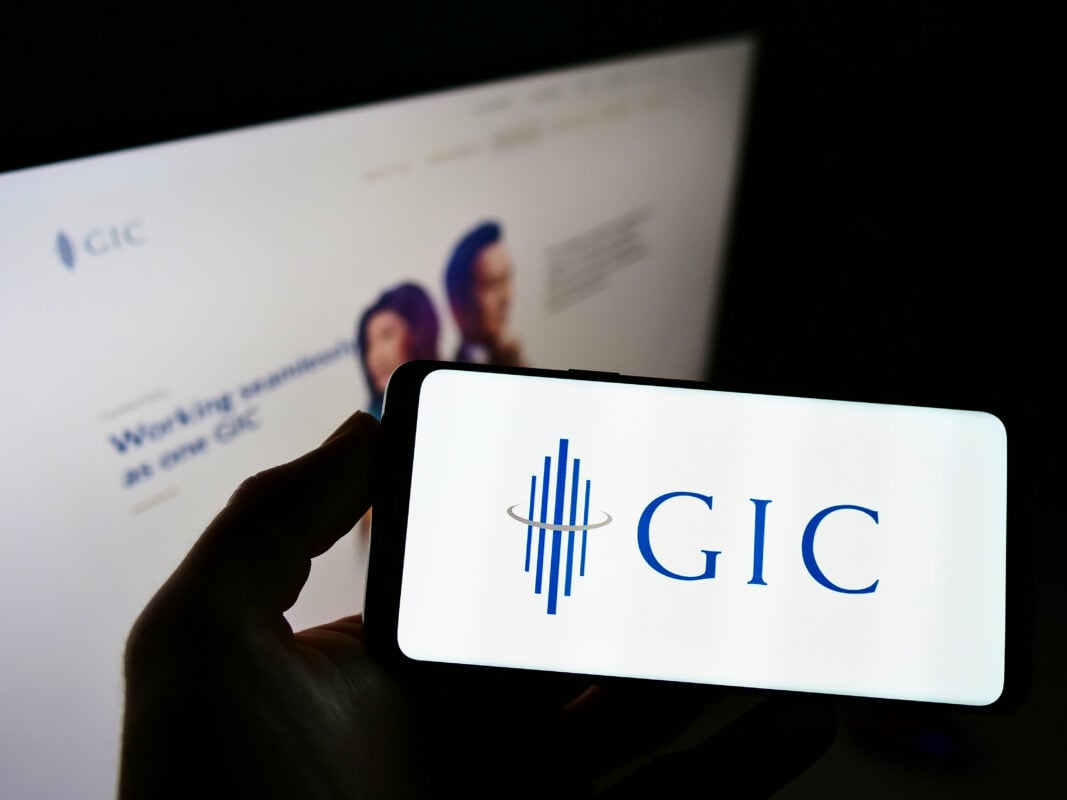TLDRs;
- GIC warns that early-stage AI investing may be forming a “hype bubble.”
- CIO Bryan Yeo cites risks of overvaluation amid record global AI funding.
- Pandemic-era borrowing could destabilize currencies and investor confidence, Yeo says.
- AI dominates 2025 VC flows, reaching $192.7 billion globally.
Singapore’s sovereign wealth fund, GIC, is sounding the alarm over what it calls a growing “hype bubble” in artificial intelligence (AI) investing.
Speaking this week, Chief Investment Officer Bryan Yeo cautioned that the current flood of capital into AI may be outpacing the sector’s actual technological progress, a sign of potential overheating in global markets.
“Investor enthusiasm is at an all-time high, but valuations don’t always reflect the underlying capabilities,” Yeo said. “We’re seeing a disconnect between expectation and execution, which could expose investors to significant downside risks.”
His warning comes at a time when AI has become the central magnet for venture capital worldwide. According to PitchBook data, global investors poured $192.7 billion into AI startups so far in 2025, marking the first year that more than half of all VC funding went into the sector.
Fiscal Risks from Pandemic Borrowing
Beyond AI, Yeo also expressed deep concerns about the lingering impact of pandemic-era fiscal policies. Governments worldwide took on massive debt to stimulate economies during COVID-19, but those liabilities are now straining public finances.
“High levels of government borrowing could erode trust in national currencies and make it harder to manage inflation,” Yeo warned. “Fiscal discipline remains critical if we want to sustain long-term economic stability.”
Analysts have echoed these warnings, suggesting that as central banks shift from tightening to easing cycles, heavily indebted governments may struggle to maintain confidence in their bond markets. For global investors like GIC, this introduces a new layer of macroeconomic uncertainty that compounds market volatility.
GIC Balances Risk with AI Innovation
Despite its cautionary stance, GIC is no stranger to AI investments. Since taking over as CIO in April 2025, Yeo has spearheaded the fund’s internal development of AI tools, including an in-house chatbot designed to challenge and refine investment decisions.
The fund’s AI exposure is focused on infrastructure, enterprise software, and firms using AI to transform existing business models. GIC’s approach reflects a broader trend among institutional investors, with giants like General Atlantic and Blackstone ramping up AI allocations to gain early access to transformative technologies.
However, Yeo stressed that responsible innovation is key.
“We invest in AI not because it’s trendy, but because we see lasting productivity gains,” he said. “But even transformative technologies must prove their commercial sustainability.”
Global VC Landscape Splits in Two
The record-setting AI inflows have come at the expense of other sectors. Data from PitchBook shows that while AI companies attract unprecedented funding, the total number of startups securing venture capital globally in 2025 has fallen sharply.
VCs worldwide invested 62.7% of their U.S. dollars and 53.2% globally into AI-related ventures this year, leaving smaller and non-AI startups struggling to raise capital. The total number of new VC funds also dropped dramatically from 4,430 in 2022 to just 823 this year, indicating a shift toward concentration and risk aversion.
For GIC and other long-term investors, the message is clear. While AI may hold immense potential, the market’s feverish pace could distort valuations and create systemic vulnerabilities, especially in an era still haunted by the fiscal echoes of the pandemic.






